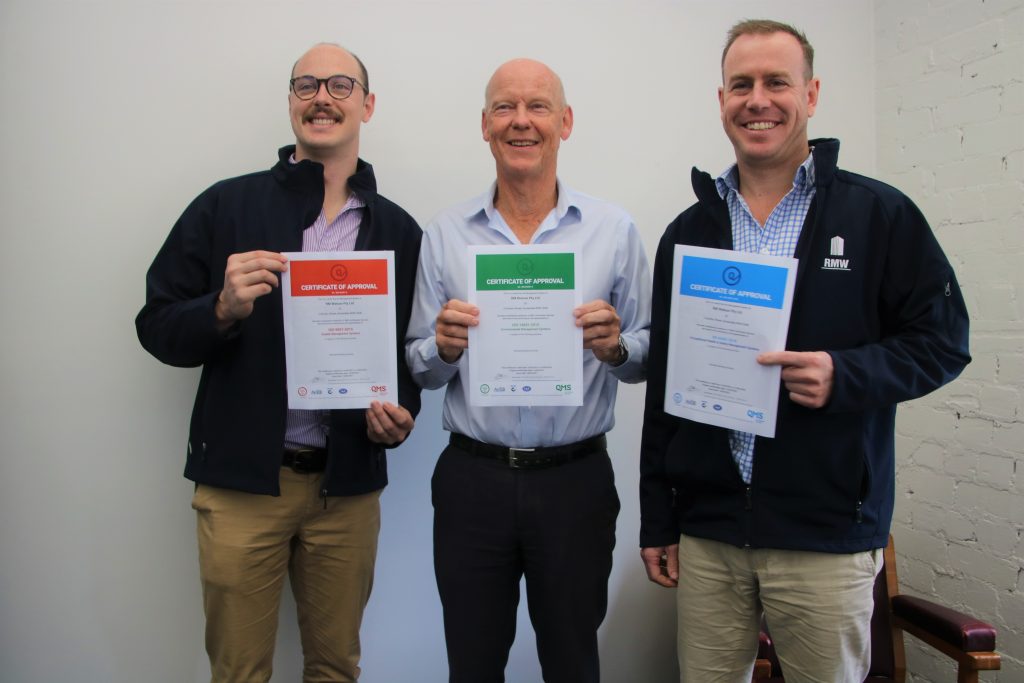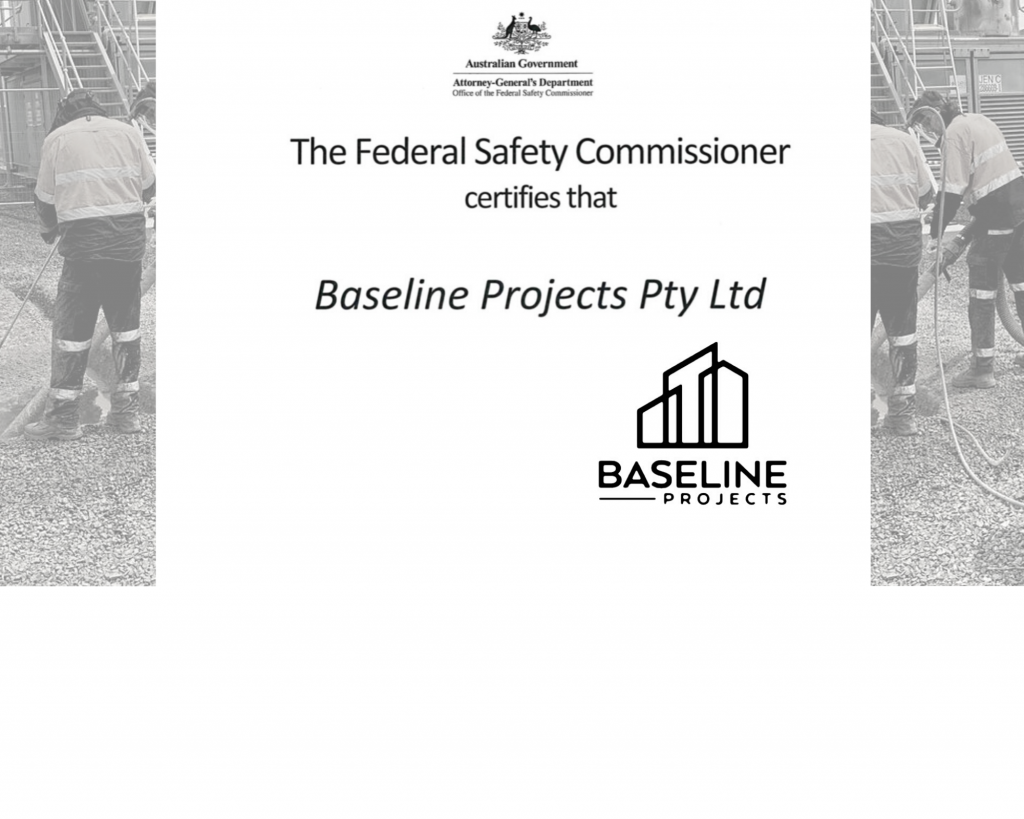Audit & Assurance
Consulting has an expert team of consultants available across Australia and New Zealand to provide independent audit activities.
Contractor Health and Safety
We provide expert advice across the end-to-end lifecycle of contractors and suppliers.
Incident Investigations
Consulting has designed a unique Risk and Incident Factors Analysis (RIFA)
Leadership Development
Consulting specialise in helping organisations assess, focus and improve their approach to building high-performance cultures with targeted safety interventions
Management Systems
Consulting has extensive experience in developing, evaluating and auditing health, safety, environmental and quality management systems
Outsourced Health and Safety Experts
We provide flexible health and safety Business Process Outsourcing (BPO) options at speed.
Performance (Maturity) Assessments
Diagnostic (Dx): Statistically reliable survey benchmarks to seek feedback at scale and build high performance
Strategy 4 Safety (S4S)
Strategy 4 Safety (S4S) applies leading industry practices for organisational business strategy to support safety professionals with health and safety strategy.
Survey Diagnostics (Dx)
Training & Competency
Mental Health Training
Psychosocial Dx Survey
Consulting has multidisciplinary team to apply global evidence & research informed practices into practical mental health & wellbeing programs for our clients.
Psychosocial Risk Assessments
Consulting has multidisciplinary team to apply global evidence & research informed practices into practical mental health & wellbeing programs for our clients.
Psychosocial Illness Investigations
Consulting has multidisciplinary team to apply global evidence & research informed practices into practical mental health & wellbeing programs for our clients.
Critical Risk Controls
Critical risk control management enables organisations to target the critical few assist boards
Event Safety
We enable infrastructure and operations plan, build and deliver successful events.
Federal Safety Commissioner
Safety in Design (SiD)
Consulting value the benefits of applying effective safety in design early in the asset lifecycle.
Safety Software & Technology
Translate tech talk into simple solutions to enable high performance.
Transport Safety
Consulting help organisations simplify and manage Chain of Responsibility




